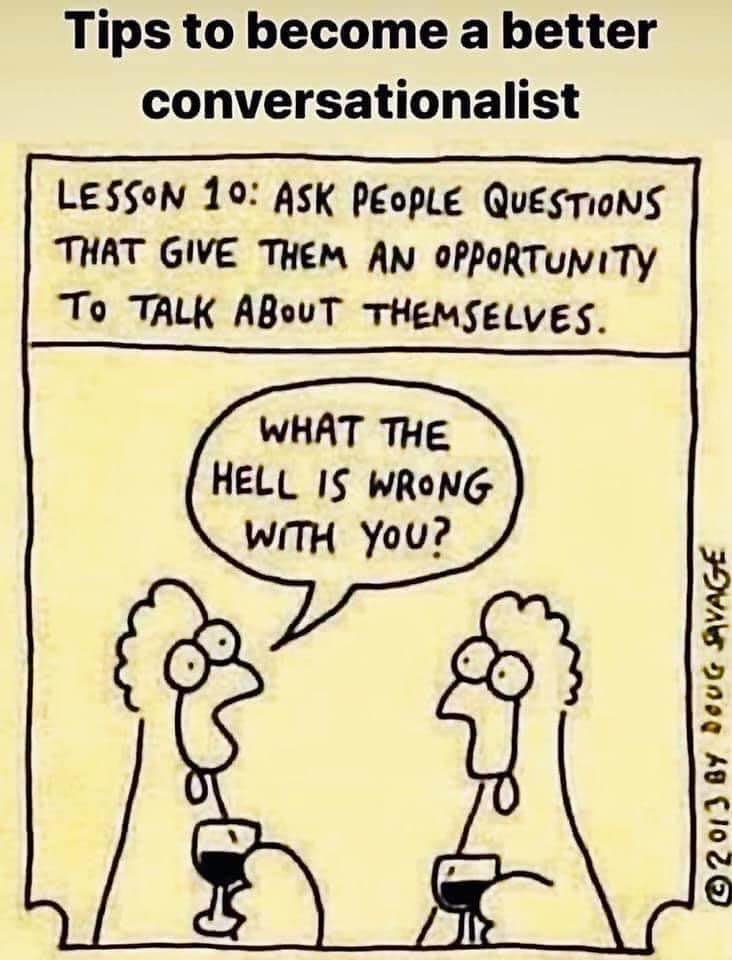

Self sufficiency
…the saying in the Sesotho language is: Motho ke Motho ka Batho. A person is only human in relation to other humans.
…as a Christian the idea of self sufficiency is close to anathema. How else do we live the Christian life except in the context of the faith community as we engage the world around us?
Keith Regehr
role of God in mental health
I don’t think you can grow tomatoes by praying for them to appear out of thin air. There is this thing called gardening that God gave us to grow and cultivate tomatoes. In a similar way, God gave us technologies that promote mental health and well-being and it would be foolish not to use these when needed. And yet, I also think it’s a mistake to ignore the role faith and spirituality plays in psychological well-being. As I describe in The Shape of Joy (due out in about two weeks), one of the best kept secrets of psychology is that faith and spirituality have been repeatedly shown to be predictive of health and happiness. God is good for you.
This isn’t to say we should approach God in a therapeutic, utilitarian manner. I know a lot of pastors and theologians who worry about reducing God to “the therapeutic.” I tend to respond to this concern with Augustine: Our hearts are restless until they rest in God. If God is our Creator and the ground of our being then it stands to reason that we’ll thrive when we make contact with and abide in that ground. Mental health improves when psychology makes contact with ontology. Living in the real matters.
Richard Beck http://experimentaltheology.blogspot.com/2024/09/psalm-69.html
Ethics
Ethics are formed. We are not born able to naturally make ethical decisions for the good of others. Have you ever seen a group of toddlers play? “Mine!” and “No!” are phrases that characterize the toddler years. Nor do we coincidentally happen upon becoming a virtuous person. The process by which ethics, and therefore character, is the academic study that spiritual formation engages in.
Kelly Edminson
Contemplation
Parker Palmer writes, “The function of contemplation in all its forms is to penetrate illusion and help us to touch reality.”
Contemplation is any way we can find to help us penetrate illusion and touch reality—and reality will always be bigger than us. It will always leave us a bit uncomfortable, a bit off center stage. If we’re still on center stage, it isn’t Reality.
Richard Rohr
Famine
Timmo Gaasbeek, a disaster expert who has modeled the crisis for a research institute in the Netherlands, told me that he foresees 13 million people starving to death in Sudan by October 2025, with a margin of error of two million. Such a toll would make this one of the worst famines in world history and the worst since the great Chinese famine of 65 years ago. By way of contrast, the famous Ukraine famine of the 1930s killed perhaps four million people, although estimates vary.
Nicholas Kristof NYT
A convenient rationale for euthanasia:
“The patient is mercifully put out of our misery.”
G Ezell
Remembering your reading
If we can’t remember the things we’ve read and watched and even loved, do they still “count”?
What does it mean for a book, a show, an experience to “count,” anyway? Do you need to be able to recall the plot in detail? Should you be able to describe scenes or bits of dialogue, larger themes, cultural relevance? Or is it enough to just remember enjoying a book, or to be able to conjure a feeling it inspired? I was mulling these questions when I came across this essay by James Collins from 2010. In it, he describes books that he loved about which he remembers nothing: “All I associate with them is an atmosphere and a stray image or two, like memories of trips I took as a child.”
Collins suspected, as I do, that the books he can’t remember must have had an effect on his brain anyway, that the experience of reading and engaging with the texts must have changed him in some deeper way, leaving “a kind of mental radiation — that continues to affect me even if I can’t detect it.” I want to believe that my immersion in the fascinating characters and rich plot of “Creation Lake” by Rachel Kushner are performing some kind of alchemy in my brain even if — and it seems unthinkable, halfway through the book — I am likely to forget it all.
Maryanne Wolf, a neuroscientist, confirmed for Collins that inability to recall a book’s details shouldn’t be taken as evidence that we didn’t assimilate it in some way. “We can’t retrieve the specifics, but to adapt a phrase of William James’s, there is a wraith of memory,” she told him. “The information you get from a book is stored in networks. We have an extraordinary capacity for storage, and much more is there than you realize. It is in some way working on you even though you aren’t thinking about it.”
Melissa kirsch NYT
Envy
Envy is the dominant destructive emotion in most people. It’s a tricky emotion in that it can be both healing and lethal. A small dose can motivate a person to excel, but a large dose can lead a person to hop on an endless treadmill of chasing what they can never catch. It’s an addiction that only increasing amounts can satisfy and even then the satisfaction is fleeting and the hunger returns.
Kareem Abdul Jabbar
A Good Story
Let this be said: evangelicalism loves a good conversion or spiritual life story. Let this be added quickly: but only so long as the story confirms the boundary lines.
Scot McKnight
Upton Sinclair said, “It is difficult to get a man to understand something when his salary depends on his not understanding it.”
Today’s post introduces what is planned to be a regular feature in SMTTA. “Reverberation from the Echo Chamber”. I will share excerpts from an essay entitled “Echo Chambers” written in 2018. You can read the complete essay HERE.

“Reverberation from the Echo Chamber”
Who are we?
My hope is readers will gain an awareness of echo chambers. More importantly, readers will better understand personal implications of residing in an echo chamber.
This is not about Republican or Democrat, et al. It is not about giving up what we believe to be right. It is not about proving the other side wrong.
It is ultimately irrelevant whether we are right or wrong about our cause.
Continual, unfiltered reinforcement of our rightness, will, ironically, result
in unhealthy outcomes that can result in destructive consequences.
It is revealing to read comments on controversial subjects that appear in social media. There is no limit as to how despicable comments can be. Living constantly in an echo chamber can transform us in ways that are inexplicable. The “safety” of an echo chamber is a darkness that shields us from face to face interaction and allows us to escape responsibility and grants permission for words and conduct that we would never consider otherwise.
Consider two comments posted recently on Linkedin I believe illustrate the point:
Bull@#$% comments from trolls or morons are completely useless and waist of my time to read. I am not neatral in what i am.I stand without doubt a hardcore constitutional republican ,a Master automotive technician, and above all
a christian. So call me what you want i am confident in my beliefs, ideas and religion.What the naysayers have to say has ZERO EFFECT ON ME and makes no difference to anyone but the one calling names.
… we should all support each other…men ,women and others.we are all gods children.lets stop dividing ourselves into categories.men ,women, black ,white straight ,gay.lets just be one people with the same mission.being good citizens of our wonderful country.I agree that women should not put down other women nor should any group denounce other groups just to self promote or to attack others you dont agree with.Lets debate and find common ground and work together for the greater good for all.
The first comment was, obviously, in response to a subject a commenter did not agree with.
The second comment came in response to an idea a commenter agreed with.
The most revealing thing about these two comments is that the author of both was the same person.
I wonder which one he would say most represents who he is??
STILL ON THE JOURNEY